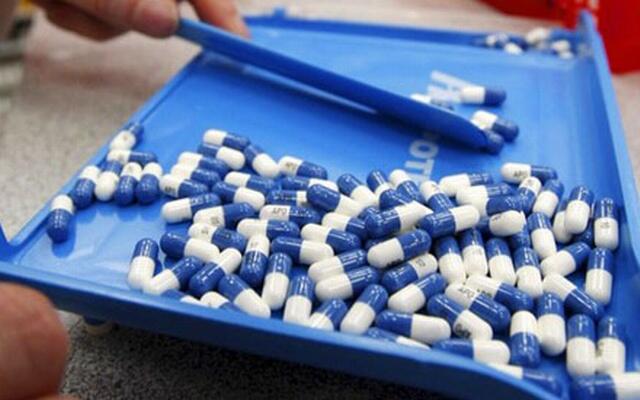Although antibioticsprevent bacterial infections, they may adversely harm microbes that are essential to a healthy environment, a study has warned.
This may in its turn significantly impact people’s lives around the world, it said.
When people take antibiotics, their bodies break down and metabolise only a portion of the drugs. The rest is excreted and enters wastewater.
As wastewater treatment plants are not designed to fully remove antibiotic or other pharmaceutical compounds, many of these compounds reach natural systems where they could accumulate and harm the “good” microbes.
That’s a big concern, the researchers said, because many microbial species found in the environment are beneficial, playing important roles in natural cycles of nutrients, primary production and climate regulation.
Some microbes also degrade organic contaminants, such as pesticides.
“The amount of antibiotics is very, very low — there are normally nanograms per litre of these molecules found in natural environments,” said Paola Grenni, a microbial ecologist at the National Research Council’s Water Research Institute in Italy.
“But the antibiotics and also other pharmaceuticals can have an effect even in low concentrations, the so-called environmental side-effects,” Grenni added.
The release of antibiotics into natural systems is a “real-life experiment” with consequences that aren’t yet fully known.
Hence, it’s important for nations to work to reduce unnecessary antibiotic use and the release of those antibiotics into the environment, the researchers suggested in the paper published in Microchemical Journal.
Efforts should also be made to equip wastewater treatment plants for removal of those compounds and to devise methods to improve the degradation of antibiotics once they reach natural environments.
Members of the public can help by taking care to use antibiotics only when they are truly needed, and by disposing of expired medications properly, the study said.
Source: http://bit.ly/2uZzb6s











